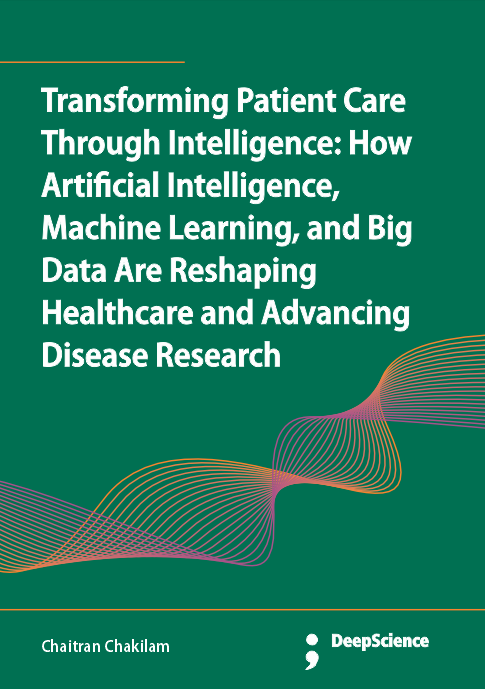Leveraging machine learning algorithms to predict, prevent, and personalize treatment for chronic conditions
Synopsis
Chronic diseases account for over half of all global deaths, and they impose a substantial burden on patients, healthcare systems, and economies. Chronic diseases require long-term and complex treatments and are thus costly and more difficult to manage. As one category of chronic diseases, chronic kidney disease affects about a tenth of the global population. A large percentage of patients with chronic diseases have comorbidities. Multiple chronic conditions not only worsen the quality of life of patients but also present an additional challenge to healthcare systems with regard to coordinated and effective long-term care. This challenge is exacerbated by the rapidly aging global population.
Advances in big data analytics provide an unprecedented opportunity to address the above challenge. High-dimensional electronic health records, which contain comprehensive longitudinal health information, are increasingly being collected. Machine learning algorithms can free people from analyzing large-scale, complex, and high-dimensional data and have proven to be powerful tools in producing predictive models, discovering patterns, and generating insights. To this end, predictive models to accurately estimate future risks of developing a chronic condition would be of great use in selecting high-risk cohorts for effective intervention and care. Predictive models to optimally target a high-risk cohort for specific conditions would be valuable in preventing or delaying disease onset. For diagnosed conditions, there is an increasing emphasis on precision medicine. Optimal personalized treatment can significantly improve the outcomes of patients with chronic diseases.
Advances in big data analytics are revolutionizing the way healthcare challenges, particularly those related to chronic diseases, are addressed. With the growing availability of high-dimensional electronic health records (EHRs) that capture detailed, longitudinal patient data, there is an unprecedented opportunity to leverage machine learning to uncover actionable insights. These algorithms excel at analyzing complex and large-scale datasets, enabling the development of predictive models that can accurately estimate an individual’s future risk of developing chronic conditions. Such models are instrumental in identifying high-risk cohorts, allowing for targeted preventive interventions and more efficient allocation of healthcare resources. Furthermore, in the era of precision medicine, predictive analytics facilitates the personalization of treatment plans, optimizing care strategies based on individual patient characteristics and improving outcomes for those already diagnosed. This data-driven approach not only enhances disease prevention but also supports tailored, effective management of chronic illnesses.












